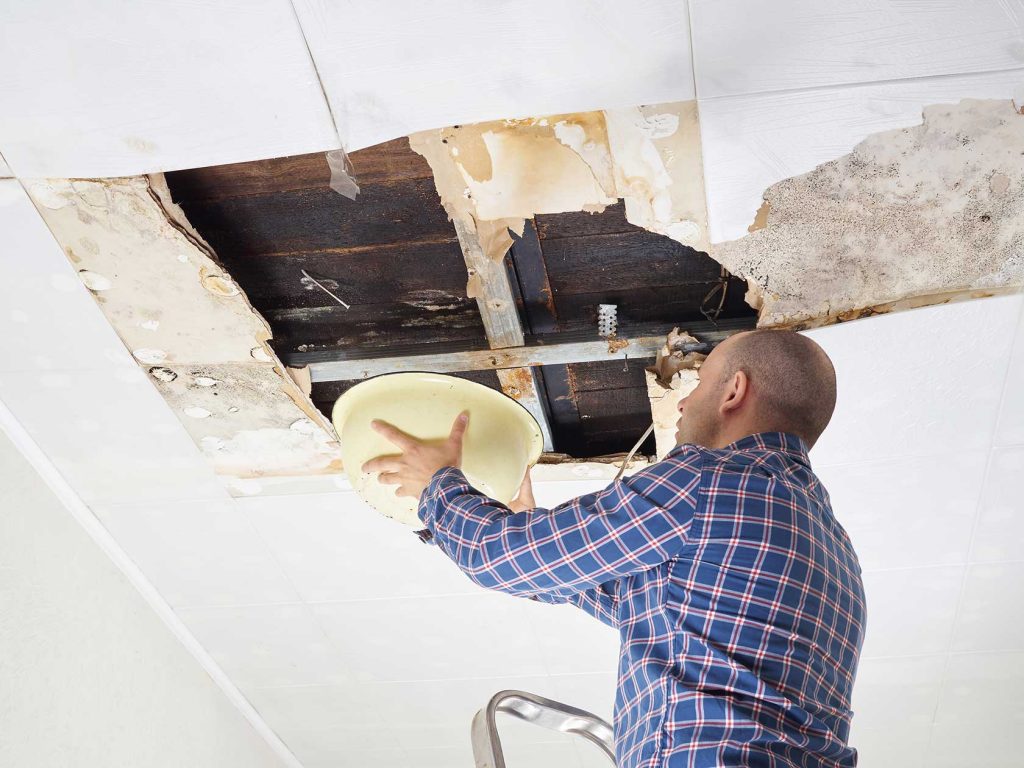You should maintain your home’s plumbing network – not only to avoid clogged drains and water leaks, but also to prevent the risks of infection and costly repairs. Here are a few reasons why you should hire a professional plumber. Before you can enjoy the benefits of plumbing, you need to understand what a plumber does. And if you don’t have time for the plumbing maintenance yourself, a plumber will be able to give you some great advice about the next steps to take.
Prevention prevents costly repairs
To prevent costly repairs to your homes plumbing system, follow these tips. Pipe insulation is an excellent way to keep pipes from freezing and shorten the time it takes to get hot water. Leaving exposed pipes can loosen fasteners and joints, and even small leaks can damage pipes and cause water damage. Keeping water heaters well maintained is another way to prevent costly plumbing repairs. It’s a good idea to have a professional check your water heater periodically to ensure it’s not in need of a tune-up.
Keeping your water heater and toilets clean is another way to avoid plumbing problems. Make sure you vacuum any water that collects on carpeting, and then dry it quickly to prevent the growth of mold. Keeping your plumbing system in good working order will lower energy costs and help conserve water. A checklist for routine maintenance should be completed periodically to keep your plumbing system in good shape. It should include daily maintenance tips, weekly inspections, and seasonal maintenance.
Prevents clogged drains
The first step to preventing clogged drains is to keep your sink and tub drains clean. Avoid flushing food and trash down the drain. These items expand when exposed to water and may clog the drain. Avoid dumping gum and label stickers down the drain because they tend to clump together. If you use the bathroom frequently, make sure to clean out the drain screen to catch hair and soap scum. Hair from your pets can also cause clogs, so don’t throw hair down the drain.
Clogs can also be caused by low water pressure, which prevents wastewater from flowing through pipes. Check with your water company to see how much water pressure your home has to ensure that your pipes are functioning properly. Even a minor clog can turn into a plumbing disaster if not taken care of quickly. Organic matter, such as lint, can cause a full clog within a matter of minutes. In addition to clogged drains, a backed up toilet could lead to serious sewage backup and an overflowing toilet.
Prevents water leaks
Keeping up with your homes plumbing system can help prevent water leaks. Plumbing leaks are caused by a variety of things, including corroded pipes, loose connections, and broken seals. Checking your plumbing lines for problems and repairing them early can prevent major damage to your home. Here are some preventative maintenance tips to keep your plumbing system working efficiently and effectively. Prevent water leaks before they start!
Routine maintenance is the most important way to prevent water leaks. You should inspect your plumbing system at least twice a year. More frequent inspections may be necessary if you notice changes in water pressure or your water bill. Lastly, you can install an automatic water shutoff system in your home. These devices detect abnormal water flow and shut off the water supply immediately. This helps prevent costly damage to your property and can also save you money.
Reduces risk of infection
Domestic refrigeration systems remove heat and moisture from the air without the use of water. They require proper installation and maintenance to function properly. Flushing the hot and warm water pipes at regular intervals prevents stagnation and water contamination. Fountains can create aerosols as they splash water, particularly if they are heated by submerged lighting. Regular draining and cleaning is also important. Here are some steps to help you maintain your fountain’s functionality.

